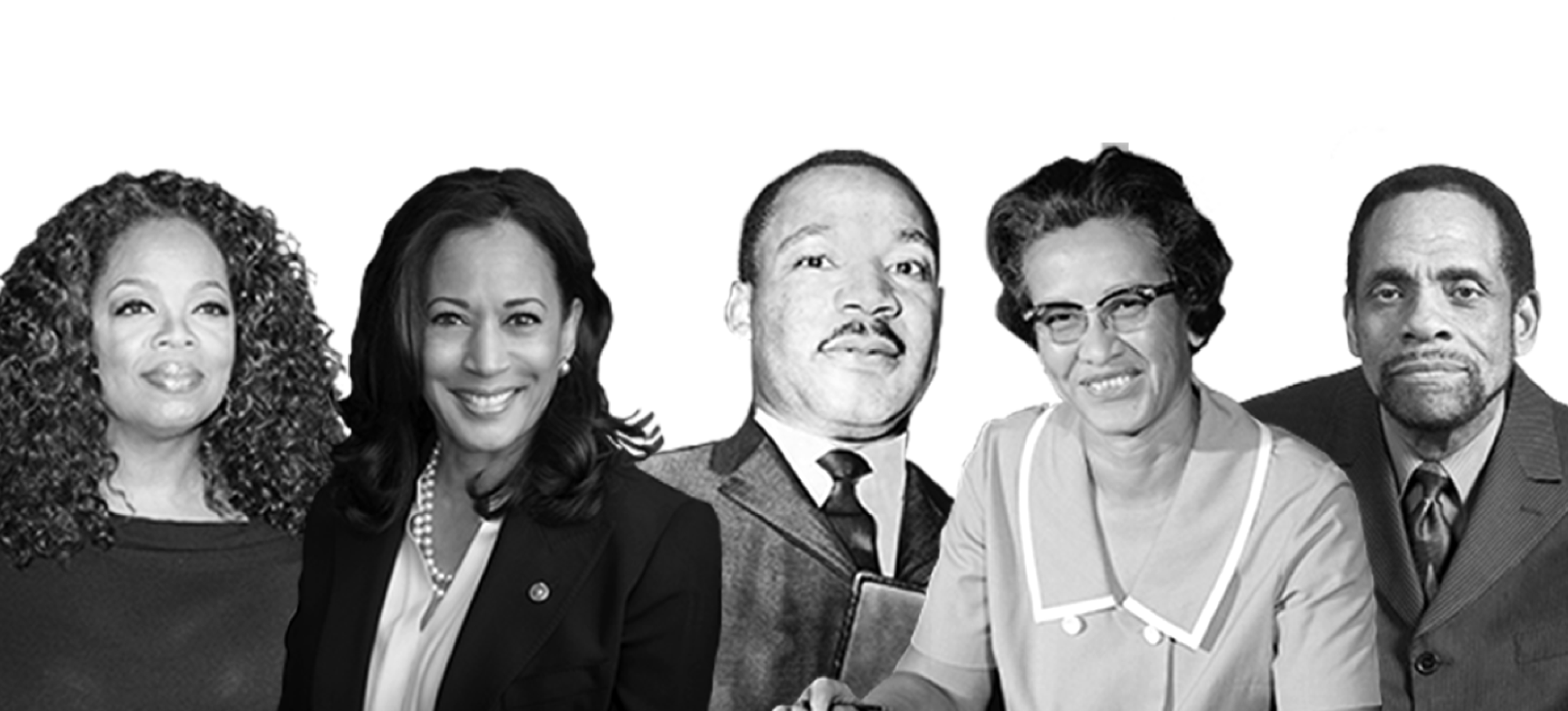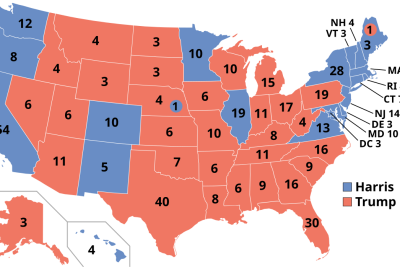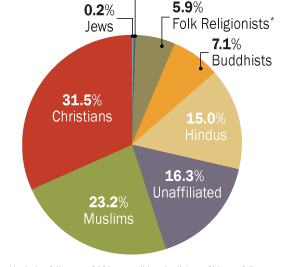
History of HBCUs: Celebrating Notable Alumni Contributions

Historically Black Colleges and Universities, or HBCUs, have played a vital role in the education and empowerment of African Americans in the United States. The significance of these institutions extends far beyond their academic offerings; they are cultural and historical landmarks that celebrate the rich legacy of Black education, leadership, and resilience. Among these esteemed institutions is Cheyney University of Pennsylvania, which proudly stands as the oldest historically Black institution of higher education in the United States. This article will delve into the history of HBCUs, with a special focus on Cheyney University, highlighting notable alumni contributions that have shaped various fields and transformed communities.
As we explore the history of HBCUs and the transformative impact of their alumni, it becomes evident that these institutions have not only provided educational opportunities but also served as incubators for leadership and innovation. Graduates of HBCUs have made significant contributions to various sectors including education, politics, business, and the arts, proving that their influence extends far beyond their college campuses. This article will celebrate the notable contributions of HBCU alumni and underscore their role in uplifting African American communities and beyond.
Historical Context of HBCUs
The inception of HBCUs can be traced back to a time when African Americans faced pervasive discrimination and had limited access to education. After the Civil War, there was an urgent need for institutions that would offer higher education to the newly freed Black population. As a result, several educational establishments emerged, aiming to provide African Americans with the knowledge and skills necessary to succeed in society. These institutions became crucial platforms for cultivating Black leadership and fostering a sense of community.
In this context, Cheyney University emerged as a beacon of hope. Founded in 1837, it began its journey as the African Institute, created solely to educate African American youth who had been denied the right to formal education. This marked the beginning of a broader movement toward recognizing the need for educational equality and the establishment of numerous HBCUs across the nation. The foundation of these schools was grounded in the belief that education is a powerful tool for change, a sentiment that continues to resonate with HBCUs today.
The Founding of Cheyney University
Cheyney University was established in 1837 and initially operated as the African Institute. The vision behind the institution was the brainchild of Richard Humphreys, a wealthy Quaker philanthropist who left a profound legacy through his bequest. His commitment to providing educational opportunities for African American youth stemmed from his understanding of the transformative power of education. Humphreys envisioned the institute as a means of developing skilled tradespeople and teachers who could uplift their communities.
Over the years, Cheyney's mission evolved significantly. In the wake of the abolition of slavery, the need for educator training became paramount, leading the institution to shift its focus. By the 1850s, Cheyney began offering a liberal arts curriculum, allowing students to broaden their knowledge and skills beyond trades. This evolution reflected the changing landscape of African American education, recognizing the importance of a holistic approach to intellectual development.
Evolution of Cheyney University’s Mission
With its roots firmly planted in the need for vocational training, over the decades, Cheyney University adapted its mission to better serve the needs of its students and the African American community. By the late 1800s, the institution had transformed itself into a teaching college, offering degree programs in education, which became increasingly important as the demand for qualified Black teachers grew in the Southern states. This shift in focus exemplified a broader trend among HBCUs as they sought to equip the African American community with necessary skills to combat societal inequalities.
Throughout the 20th century, Cheyney's commitment to educational excellence remained steadfast, garnering a reputation for producing well-rounded graduates who were equipped to assume leadership roles in their communities. The institution's expansion of academic programs allowed it to keep pace with the evolving demands of society, subsequently solidifying its stature as a historically Black college that emphasized social justice, community engagement, and professional development.
Notable Alumni and Their Contributions
Cheyney University has produced an array of influential alumni who have made significant contributions in various fields, ranging from politics to the arts. One of the most distinguished graduates is Dr. McKinley McPhatter, who served as a prominent educator and administrator, significantly impacting educational policies and practices within African American communities. His commitment to providing equitable education for underprivileged students showcases the life-altering impact of HBCUs.
Another notable alum is the acclaimed director, playwright, and choreographer, the late Paul Carter Harrison. Through his artistic brilliance, Harrison opened avenues for African American expression in theater, influencing future generations of artists and performers. His work contributed significantly to the development of African American cultural identity in the performing arts, further illustrating the powerful legacy of Cheyney graduates.
More Notable Alumni
- Janet Reno - The first woman to serve as U.S. Attorney General, Reno’s leadership and dedication to justice stand as a testament to the rigorous education provided by HBCUs.
- Jesse Jackson - A civil rights leader and influential politician whose activism influenced generations and continues to shape the conversation around social justice.
- Omarosa Manigault Newman - A political activist and television personality, her career has sparked conversations about political representation and the role of media in Black culture.
Impact of HBCUs on the African American Community
The influence of HBCUs on the African American community is profound, as these institutions have served as pivotal sources of empowerment and advancement. Beyond providing education, HBCUs cultivate a sense of belonging and pride within the African American community, creating spaces where culture, history, and identity are celebrated and preserved. Graduates often return to their communities as leaders and advocates for social change, amplifying the voices of those who have been historically marginalized.
Moreover, HBCUs are instrumental in fostering networks of support among Black professionals, offering mentorship and fostering collaboration. The alumni networks established by these institutions not only enhance academic and career opportunities but also create lasting relationships that extend beyond graduation. This interconnectedness is vital in an era where representation and advocacy are more essential than ever.
Role in Society
In addition to their contributions to local communities, HBCUs play a critical role in shaping national dialogues around race, equity, and education. They serve as platforms for activism, allowing students and alumni alike to engage in social justice issues. By addressing systemic inequities and advocating for policy changes, HBCUs have positioned themselves as leaders in the fight for racial equality and justice. In this context, the enduring legacy of institutions like Cheyney University continues to inspire and champion the needs of the African American community.
Challenges Faced by HBCUs Over Time
Despite their significant contributions, HBCUs have encountered myriad challenges over the years. Funding disparities often hinder their ability to offer competitive programs and resources compared to predominantly White institutions (PWIs). This inequity in financial support has repercussions for student recruitment, faculty retention, and the expansion of academic offerings, ultimately impacting the quality of education delivered to students.
Additionally, negative perceptions surrounding HBCUs can create barriers to student enrollment and institutional support. Misunderstandings regarding the quality and rigor of education at HBCUs persist, despite empirical evidence proving their effectiveness in producing successful graduates. In the face of these challenges, HBCUs must continue to innovate and demonstrate their relevance in today’s educational landscape, proving to be invaluable assets in fostering Black talent and leadership.
Celebrating the Legacy of HBCU Graduates
As we examine the rich history and legacy of HBCUs, it is essential to celebrate their graduates who have left indelible marks on various industries. From leaders in politics to ground-breaking artists, the contributions of HBCU alumni highlight the institutions' role in shaping not only individual lives but also the collective narrative of African Americans in the United States. Cheyney University, in particular, has been a launching pad for many individuals who have gone on to achieve remarkable successes, including pennsylvania state university notable alumni who have claimed their roots in HBCUs.
Such achievements remind us of the fundamental importance of access to education and the transformative power it holds, inspiring current and future generations to aspire to greatness. Reflecting on this rich legacy is an opportunity to reaffirm our commitment to supporting HBCUs as they navigate their future while uplifting the voices and dreams of African American students.
Conclusion: The Future of HBCUs and Their Significance
The future of HBCUs hangs in a delicate balance as they continue to address both historical challenges and contemporary educational demands. The significance of these institutions remains ever-present in the context of fostering cultural identity, community involvement, and social equity. Cheyney University and others like it represent far more than just educational institutions; they embody a legacy of resilience, leadership, and innovation. As we honor the contributions of notable alumni and their extensive influence, it is crucial to advocate for the continued growth and support of HBCUs.
By investing in these institutions, we help secure the future of Black education and leadership. Supporting HBCUs is tantamount to supporting the dreams and aspirations of countless students who seek to create change not only in their communities but also on a national scale. Together, we celebrate the history of HBCUs and the outstanding contributions made by their graduates, ensuring their legacies continue to thrive for generations to come.
Did you find this article helpful? History of HBCUs: Celebrating Notable Alumni Contributions See more here Education.
Leave a Reply






Related posts